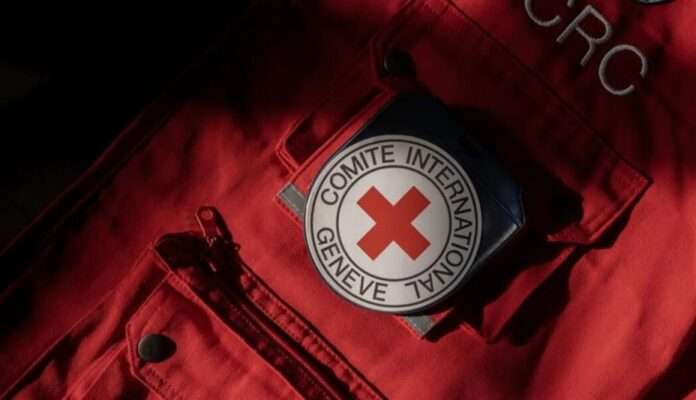

The International Committee of the Red Cross (ICRC) has intensified its humanitarian efforts in Madagali, Adamawa State, restoring access to healthcare and nutrition for thousands of residents affected by years of conflict.
Speaking during an assessment visit, Francesca Piccin, Head of the ICRC Sub-delegation in Mubi, said Madagali had endured severe challenges since non-state armed groups took control in 2014, leaving critical infrastructure in ruins.
“We reopened access to Madagali in April 2024 after years of insecurity prevented us from working here since 2018,” she explained. “Our priority is supporting civilians, especially women and children, with access to healthcare, clean water, and nutrition.”
As part of its intervention, the ICRC has renovated the central primary healthcare centre and installed a water tower and tanks to improve access to safe drinking water. Construction of a new solar-powered primary healthcare facility, equipped with boreholes and modern facilities, is also underway and expected to be completed before the end of the year.
To combat child malnutrition, the ICRC introduced a local nutrition programme known as Tom Brown, which trains women, particularly nursing mothers, to prepare nutrient-rich meals using locally available ingredients such as soybeans, maize, millet, groundnuts, and moringa.
Piccin said the initiative was vital for prevention: “This programme equips mothers with practical skills to protect their children from malnutrition, because prevention is always better than cure.”
Madagali has become a refuge for families displaced by conflict in surrounding areas, putting pressure on already stretched facilities. The new healthcare centre, according to the ICRC, will significantly expand capacity and provide sustainable electricity through solar power.
Community leaders welcomed the intervention. Musa Adhas, Chairman of the Madagali Ward Development Committee, praised the Red Cross for transforming the community.
“The Red Cross has done a lot for us. The new facility will ease the burden on residents who previously had to travel long distances for treatment. Women are learning nutrition and hygiene, and farmers are receiving support. This has brought life back to our community,” he said.
He also urged government authorities to complement humanitarian initiatives, stressing that conflict had devastated families and livelihoods in the region.










